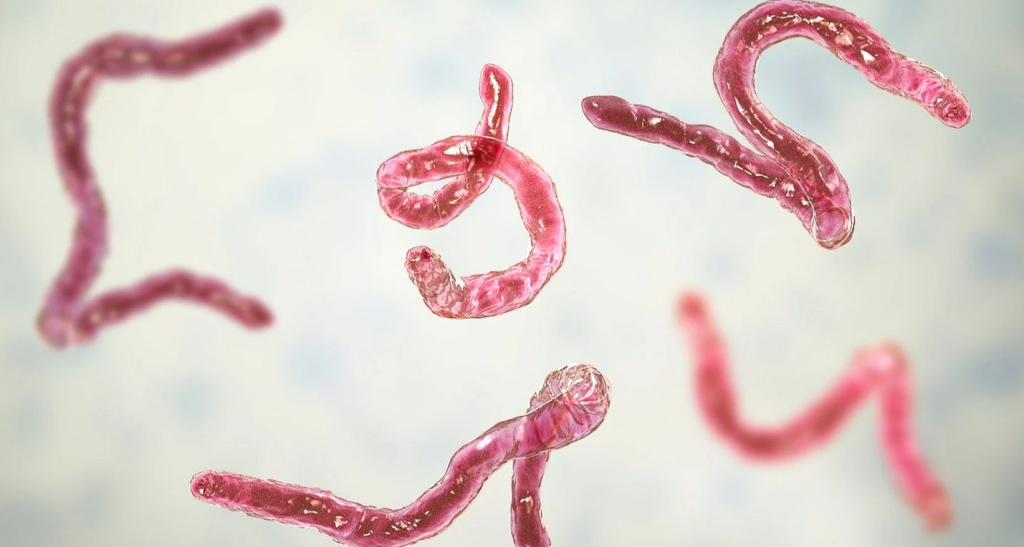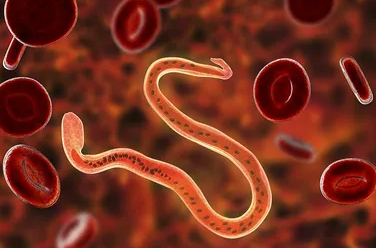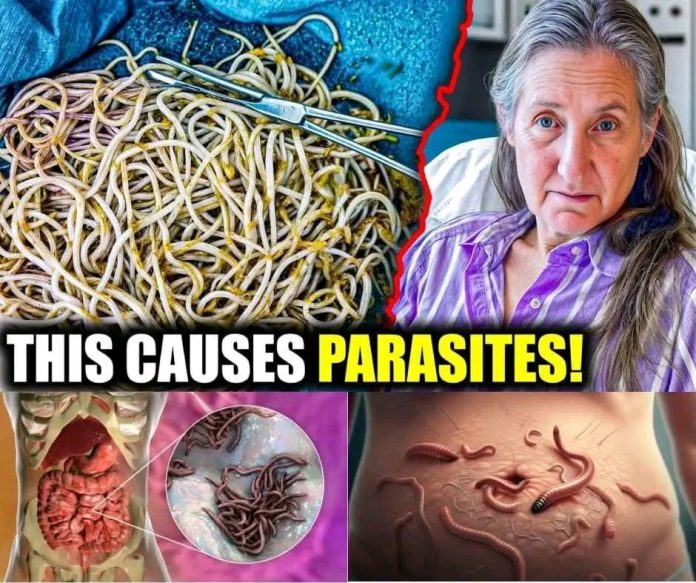Parasites are more prevalent than many people realize, often infiltrating our bodies through everyday foods and water sources. These microscopic invaders can lead to a range of health issues, from mild discomfort to severe illnesses. Understanding how parasites enter our systems, recognizing the symptoms of infection, and knowing which foods pose the highest risks are crucial steps in safeguarding our health.
Parasites are organisms that live on or inside a host organism, deriving nutrients at the host’s expense. In humans, common parasites include protozoa like Giardia and helminths such as tapeworms and roundworms. These organisms can cause various health problems, including digestive issues, fatigue, and skin disorders.

Once inside the human body, parasites can disrupt normal bodily functions. They often reside in the gastrointestinal tract, where they absorb nutrients from the food we consume, leading to malnutrition and weakened immunity. Some parasites can even migrate to other organs, causing more severe complications.
Recognizing the signs of a parasitic infection is essential for timely treatment. Symptoms can vary depending on the type of parasite and the severity of the infection but commonly include:
- Digestive Issues: Persistent diarrhea, constipation, gas, and bloating.
- Fatigue: Unexplained tiredness due to nutrient depletion.
- Skin Problems: Rashes, eczema, or other unexplained skin irritations.
- Weight Fluctuations: Sudden weight loss or gain without changes in diet or exercise.
- Muscle and Joint Pain: Aches and pains not attributed to physical activity.
- Sleep Disturbances: Insomnia or waking up multiple times during the night.
- Anemia: Low red blood cell count leading to fatigue and weakness.
It’s important to note that these symptoms can be attributed to various health conditions. Therefore, proper medical diagnosis is crucial.
Certain foods are more likely to harbor parasites, especially when consumed raw or undercooked. Being aware of these can help in making safer dietary choices.
1. Raw or Undercooked Meats
Pork: Can contain Trichinella spiralis, leading to trichinosis.
Beef: May harbor tapeworm larvae, causing taeniasis.
Wild Game: Animals like deer or boar can carry various parasites.
2. Raw or Undercooked Fish and Seafood
Sushi and Sashimi: Raw fish dishes can contain Anisakis, leading to anisakiasis.
Ceviche: Though “cooked” in citrus juice, it may not eliminate all parasites.
Shellfish: Oysters and clams can accumulate parasites from contaminated waters.
3. Unwashed Fruits and Vegetables
Produce can become contaminated through soil or water containing parasitic eggs or larvae. Consuming unwashed or improperly washed fruits and vegetables increases the risk of infection.
4. Unpasteurized Dairy Products
Milk and cheeses that haven’t undergone pasteurization can carry parasites like Toxoplasma gondii, leading to toxoplasmosis.
5. Contaminated Water
Drinking or using untreated water for washing food can introduce parasites like Giardia lamblia into the body.
An overgrowth of yeast, particularly Candida albicans, can indicate an imbalance in the body’s natural flora. This imbalance creates an environment conducive to parasitic infections. Symptoms of yeast overgrowth include:
- Digestive Disturbances: Bloating, gas, and indigestion.
- Skin Issues: Rashes, fungal infections like athlete’s foot.
- Sinus Problems: Frequent infections or nasal congestion.
- Fatigue: Persistent tiredness not alleviated by rest.
Maintaining a balanced gut microbiome is essential in preventing both yeast overgrowth and parasitic infections.

Taking proactive steps can significantly reduce the risk of parasitic infections:
- Proper Food Handling: Cook meats to safe internal temperatures. For example, pork should be cooked to at least 145°F (63°C) and allowed to rest for three minutes before consumption.
- Freezing Fish: Freeze fish at -4°F (-20°C) for at least seven days to kill parasites.
Wash Produce Thoroughly: Clean fruits and vegetables under running water before consumption. - Drink Safe Water: Use filtered or bottled water, especially in areas where water quality is questionable.
- Practice Good Hygiene: Regular handwashing, especially before meals and after using the restroom, can prevent the spread of parasites.
When to Seek Medical Attention
If you experience persistent symptoms such as digestive issues, unexplained fatigue, or skin problems, consult a healthcare professional. Diagnostic tests, including stool samples and blood tests, can identify parasitic infections. Early detection and treatment are vital in preventing complications.
Parasites are a hidden threat that can significantly impact health if left unchecked. By being informed about the risks associated with certain foods and practicing proper hygiene and food safety measures, individuals can protect themselves from these unwelcome invaders. Regular medical check-ups and being attentive to bodily changes play a crucial role in early detection and effective treatment of parasitic infections.

















